Welcome to the next Shin Megami Tensei game. Except, not really. It’s more like… a Persona game? Except it’s not quite that either. Monark is a game that takes inspiration from both, with a radically different combat system, but mostly succeeds in maintaining the spirit of the games that inspired it. As a massive fan of the Shin Megami Tensei series, this new tactical role-playing game from veteran SMT developers naturally caught my attention. I’ll take anything I can get that’s even remotely related to the Shin Megami Tensei universe, even if it’s by six degrees of separation. Indeed, Monark is likely not a part of the SMT multiverse, a confusing conundrum of different timelines and franchises that fans love to fight over.
But we’re not here to talk about Shin Megami Tensei or Persona. (I know how that irritates a lot of you fans out there.) This is Monark, the mysterious project that slid under the radar of the Megaten fanbase, despite similar motifs of demon slaying and saving a high school. On the other hand, maybe we should talk about those other games, as Monark clearly takes a page for inspiration. Your mileage may vary on that front, as Monark has all of the annoying cartoon mascots, teenagers who save the world, and demonic figures you get to fight and control. But this is a humble game and, if you were ever a fan of a Megaten release at any point, one that’s worth giving a shot.
Back to basics
The comparisons to Megaten are unavoidable and should be emphasized to really hone in on its target audience. You play as a silent protagonist who finds himself in a demonic situation and gains the power to control a beast of his own. This demon you control is called an “Ego,” which is basically a manifestation of one’s self that you employ in battle to follow your every whim. Oh, and once you get an Ego, you get a cool costume to go with it. (Sounds pretty familiar, doesn’t it?) You’re also harassed by an irritating mascot who challenges your ability to keep the sound on. Vernitas, a floating toy rabbit, is in a league of its own, leaving your average Teddies and Morganas in the dust.
Unlike Persona, which arguably favors slice-of-life elements over dungeon crawling, Monark‘s main draw is its unique combat system which takes up a majority of the game. Instead of traditional turn-based combat, Monark employs a more uncommon free-move tactical system. The characters you control can freely move across a grid, positioning themselves to launch attacks at certain ranges. There are lots of fun quirks to the combat in this game, including a MAD gauge and Awakening system that can both empower or curse your runs if you aren’t careful. It’s encouraged for your team to travel the map together as well, as they can attack in unison if close enough to one another.
It’s an intriguing system, and the ability to freely move across the stage elevates a lot of the combat for me. Instead of a traditional Megaten weakness system, you can literally walk behind an enemy to strike them in the back, dealing extra damage and preventing a counterattack. Carefully angling your characters in positions to avoid counterattacks and compromising situations makes each battle fun and interesting time, and never gets old. It’s to be expected from Megaten-developers that this game have a superb battle system, as Shin Megami Tensei and Persona alike have always been a step above other JRPGs of its ilk in the fight department. Unfortunately, however, past the combat is where things get a bit cold.
Veritas, please go away
You might be expecting some strong and memorable characters from a universe so directly inspired by Persona. The Megaten franchise as a whole has always had dynamic characters with devoted fanbases, but this is not a Megaten game. One of Monark‘s sour points is an uninteresting cast, which fails to react to situations in compelling or realistic ways. Characters can join your side as a “companion,” but they do nothing except get in the way, standing in front of doors or NPCs and making it harder to traverse the environment. I saw students literally jump off of buildings, and my companion character didn’t bat an eye. Basic immersion like a scream or two would have helped flesh out this morose academy.
It’s also not like me to harp on one character as a major downside of a game, but Monark’s “mascot-character” is grating enough for its own dishonorable mention. Veritas, a floating toy bunny, speaking in riddles and rhymes, never solves its own question of why it has to exist in the first place. Or at least, exist in the state that it does. It’s incredibly annoying, appears a lot, and I just wished it would go away forever.
Veritas is a shining representation of the issues surrounding Monark. Uninteresting characters are only sidelined by even worse villains. Cartoonish, laughable scenarios contrast the genuinely creepy environment of the academy overtaken by a strong mist, which is a bit of a shame. Monark‘s story cannot stand on its own two feet, with short, weak arcs that won’t last an impression. Monark uses the overblown “seven deadly sins” trope to explore philosophy and introspective concepts in the way that Megaten games do, but parts of its execution are distractingly subpar.
A dark, twisted universe
It’s a shame that the story doesn’t hold up to the morose world the game successfully builds up. “Dungeons” in this game are short but filled with brainwashed and crazed students, who often scream, bang on lockers or doors, and leave little notes around that give hints or reveal horrifying fates. Honestly, Monark doesn’t really have much in the way of traditional dungeons. Instead, you explore landmarks like the floors of a school or a club building. These experiences are often short and could have benefited from more complexity, but it’s fun enough to walk around looking for hints on how to break through to the next scenario.
Parts of Monark almost feel like a concept instead of something fully realized, but it’s still a darn good concept all the same. There are fun details in this game, like psychology tests that adjust your stats based on your answers, and clothes and hairstyles you can give to your Egos. Finding clips of newspapers and notes across the academy breathes life into the world of Monark.
Not an Atlus game
Perhaps the biggest downfall of Monark is its connection to SMT and Persona, as games with any relation to such veteran prestige will always be crushed under the weight of their own expectations. But Monark succeeds in what matters most for a game like this. While some of the story beats fell flat, Monark still succeeds in its demonic universe and creative combat system and delivers a fun experience that should please those who just finished Shin Megami Tensei V.

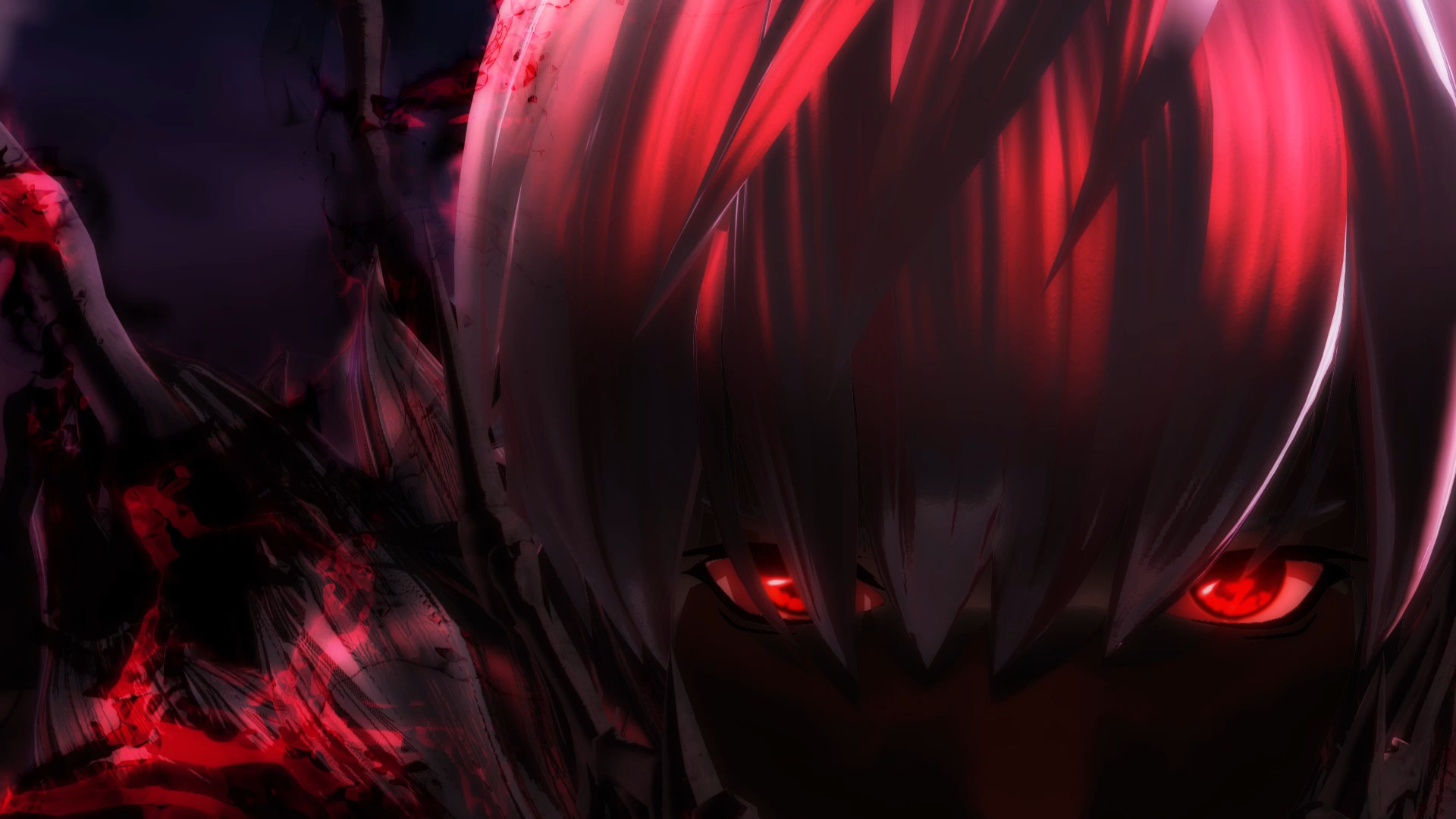

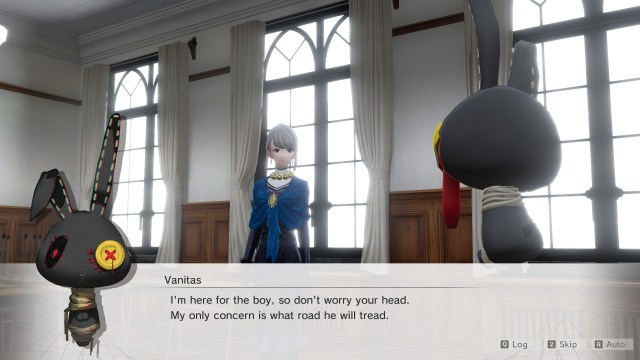
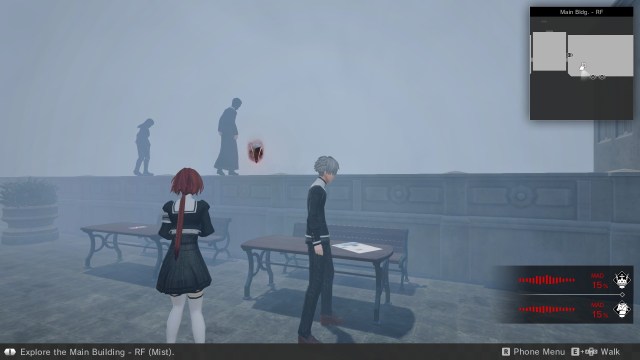


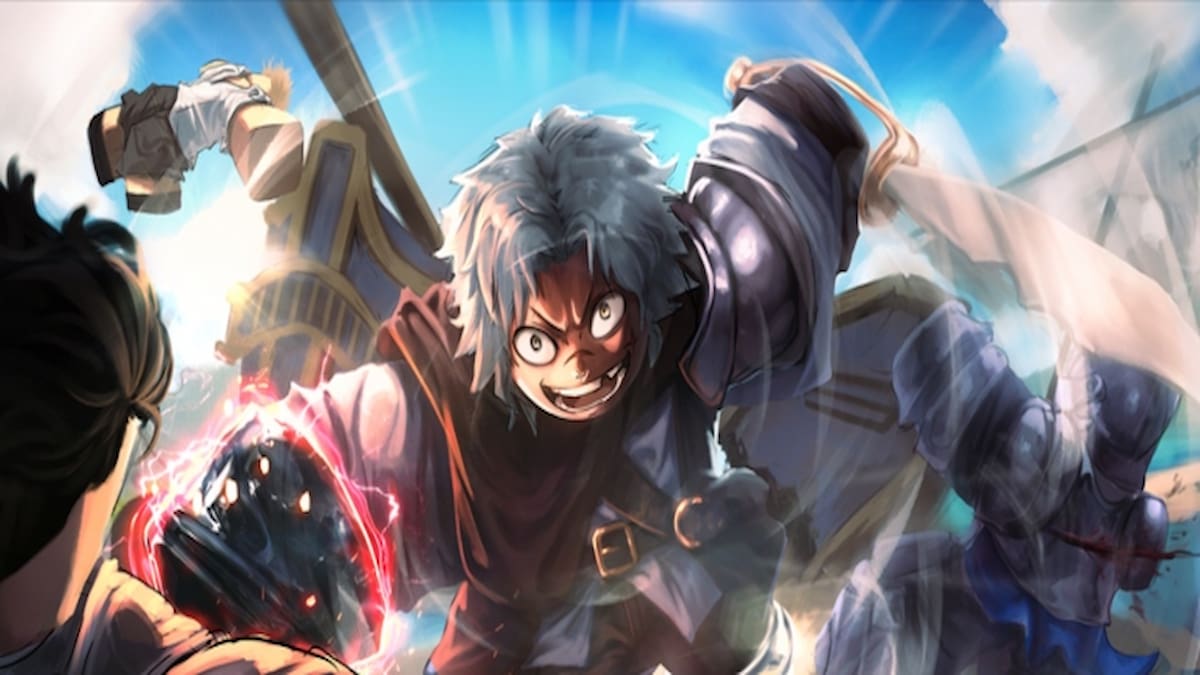
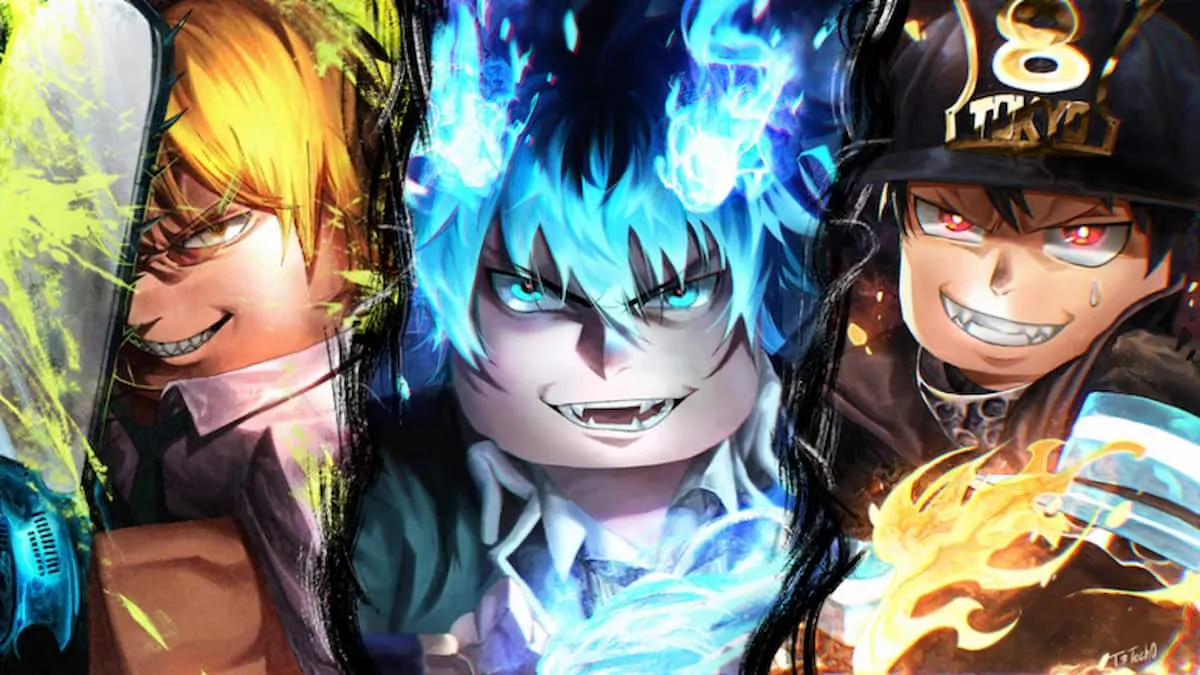

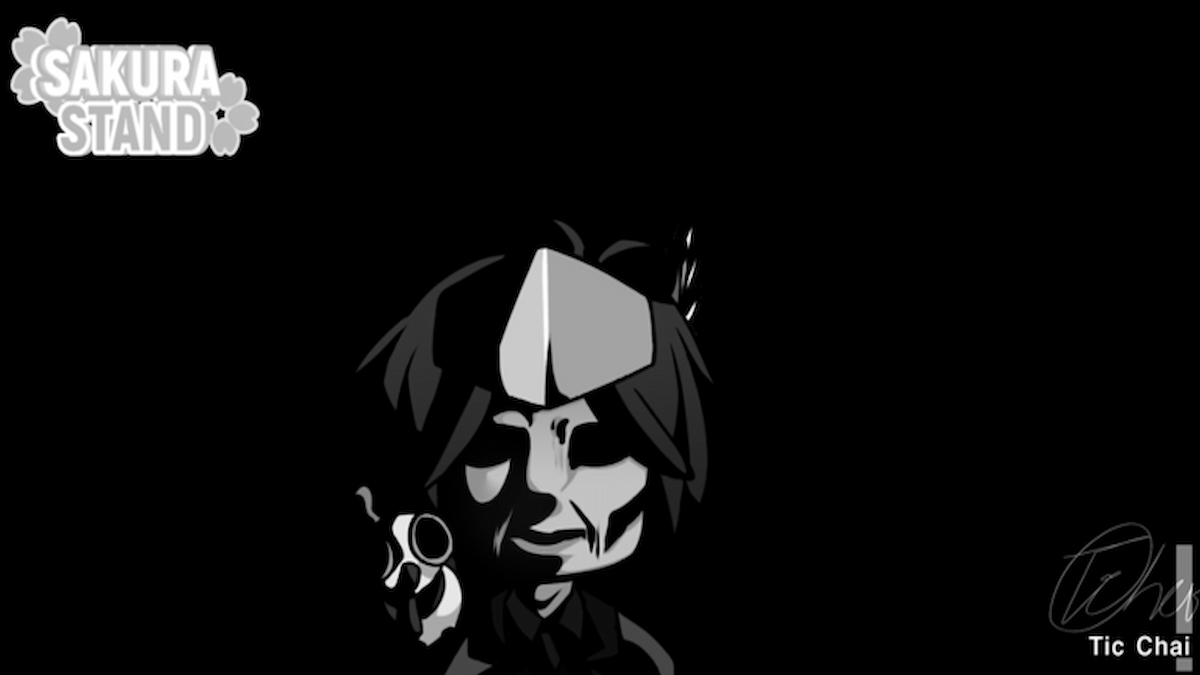
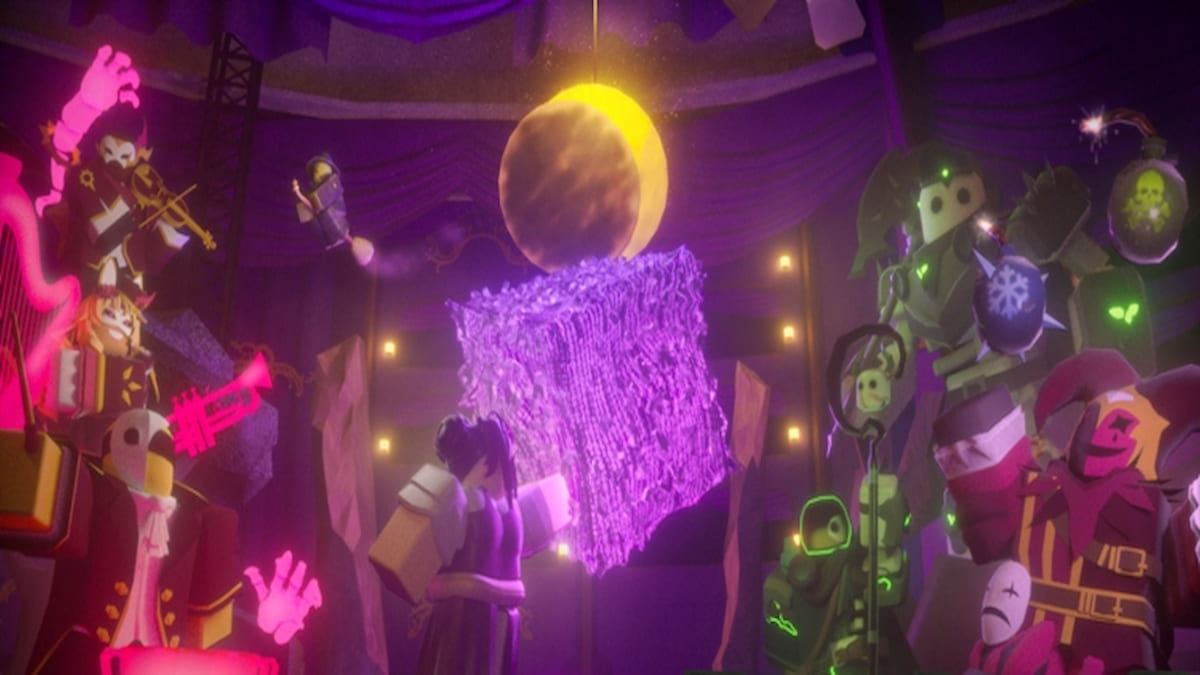
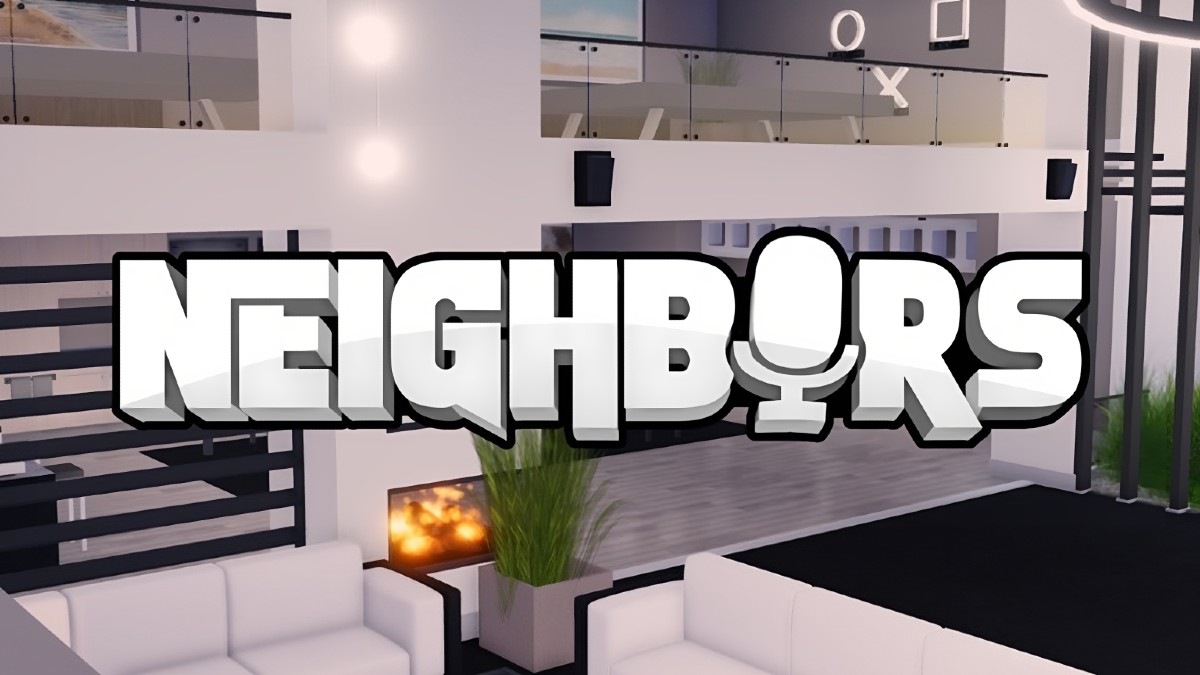

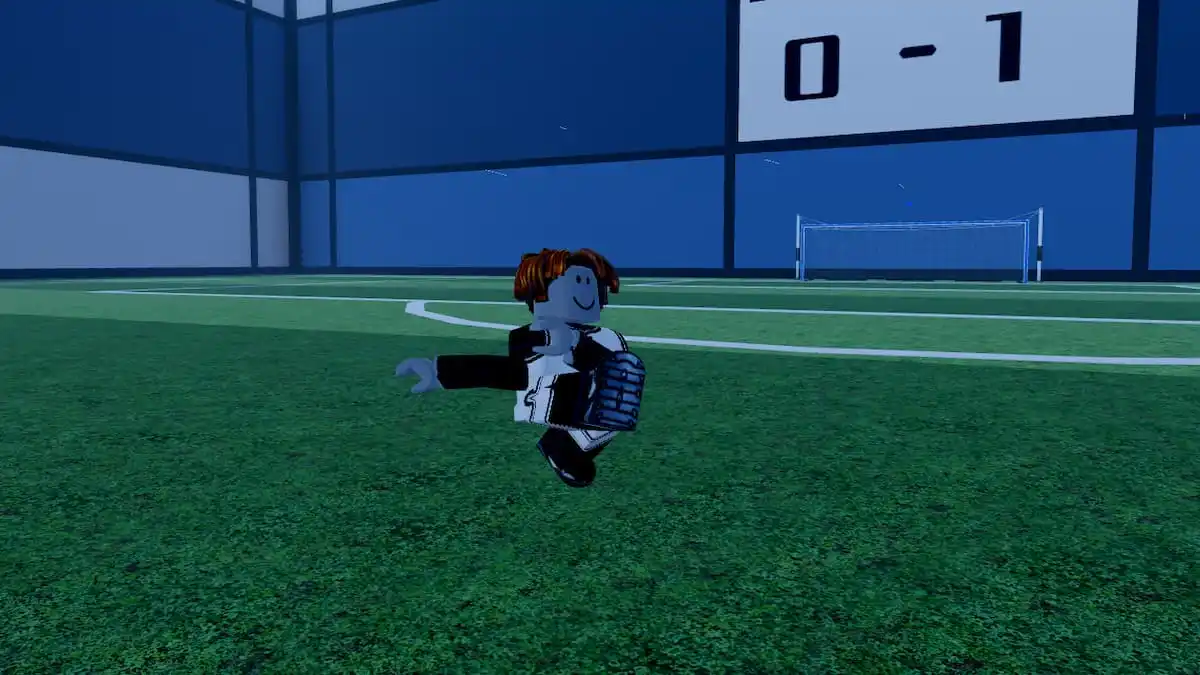
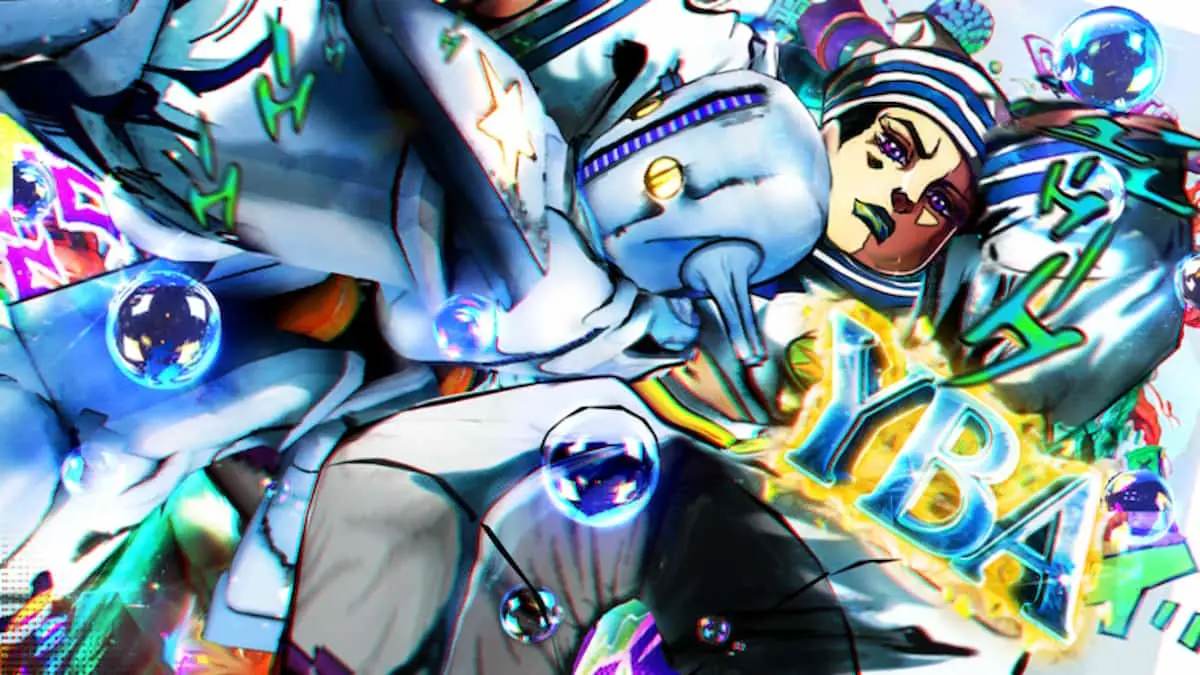
Published: Feb 16, 2022 3:35 PM UTC